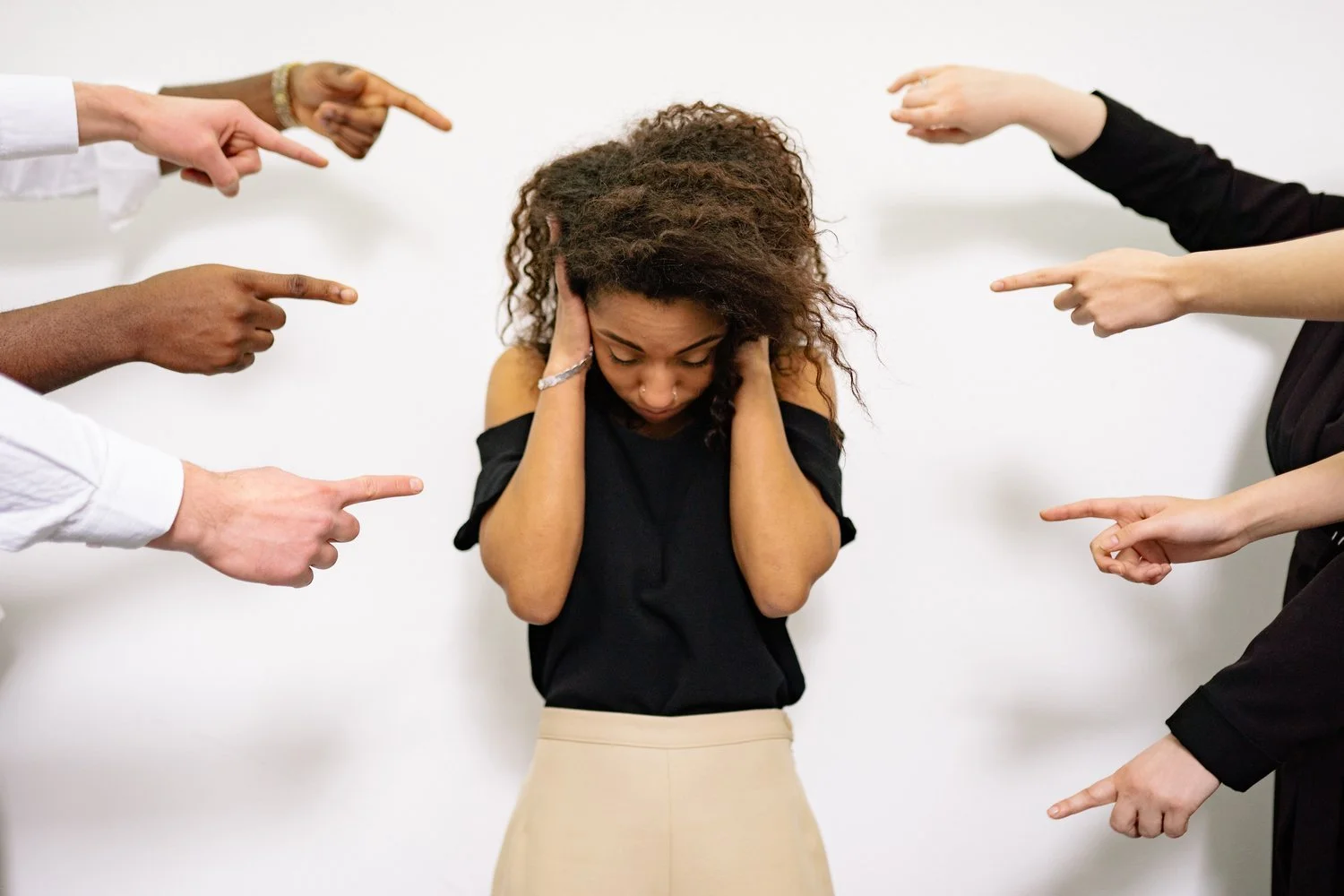Social Anxiety: A Practical Guide
Definition
Feeling apprehensive about how we will be perceived is a natural response to stressful social situations. Most people can relate to the uncomfortable feeling of having their stomach churn and hands clam up during a first date. However, social anxiety goes beyond these first date jitters. Social anxiety is a disorder that is characterized by an intense and persistent fear of being judged, rejected or humiliated in certain or all social situations. In contrast to normal nervousness, social anxiety greatly interferes with our daily routine, work, relationships and hobbies. This is because social anxiety can make mundane activities such as answering a question in class, shopping for groceries or using a public restroom a particularly onerous ordeal. People with social anxiety often avoid social situations that trigger their anxiety to avoid uncomfortable feelings of embarrassment or humiliation.
Symptoms
Symptoms associated with social anxiety are intense and persistent, meaning that they last for six months or more. Symptoms can be categorized into emotional, behavioural and physiological symptoms.
Emotional Symptoms
Fear of being judged by others
Fear of embarrassing or humiliating yourself
Fear of interacting with people, especially strangers
Fear that others will notice you are feeling anxious
Fear of exhibiting physical symptoms such as blushing and sweating
Feeling intense anxiety in anticipation of a social event
Behavioural Symptoms
Avoiding activities out of fear of embarrassment
Avoiding interacting with people out of fear of embarrassment
Avoiding situations in which you might be the center of attention
Engaging in protective behaviours to alleviate anxiety during social situations, such as drinking alcohol, avoiding eye contact and staying quiet
Spending a lot of time following a social situation analysing perceived flaws in your interactions
Physiological Symptoms
Blushing
Excessive Sweating
Palpitations or rapid heart rate
Muscle tension
Upset stomach and nausea
Feeling out of breath
Feeling dizzy or lightheaded
Feeling that your mind has “gone blank”
Causes and Risk Factors
Social anxiety is the most common anxiety disorder after specific phobias. It has an early onset, often beginning in late adolescence or early adulthood. Eighty percent of individuals with social anxiety disorder develop it before age 20 and fifty percent develop it before age 11. Symptoms of social anxiety also tend to appear more often in women than men. There is no singular cause for social anxiety disorder. Rather, it is the result of an interplay of different variables, including genetic and psychosocial factors. Having a family history of anxiety disorders is a risk factor for developing social anxiety. More important, however, are environmental factors. If your parents or guardians are controlling, overprotective and hypercritical, this can increase your risk of developing social anxiety. Children who do not form secure attachments to their parents or guardians are also at a higher risk, since attachment is key to learning how to calm and soothe ourselves. Adverse childhood experiences such as physical and sexual abuse or bullying also increase the likelihood that an individual will develop social anxiety.
Treatment
Like most anxiety disorders, social anxiety is often treated using pharmacotherapeutic and psychotherapeutic measures. Medications such as selective serotonin reuptake inhibitors (antidepressants) and benzodiazepines (anti-anxiety medications) have proven to be effective in alleviating persistent symptoms of social anxiety. Beta blockers are also prescribed to individuals with social anxiety; however, they are intended for occasional use to control anxiety symptoms in particular situations, such as writing an exam. These medications are often offered gradually and adjusted as necessary by physicians to mitigate potential side effects.
A variety of therapeutic interventions are used to treat social anxiety, often in combination with the above medications. Cognitive Behavioural Therapy (CBT) is the most commonly administered type of therapy for social anxiety, and can be conducted individually or in groups. CBT is based on the idea that how we think, feel and behave are deeply interrelated. It is focused on challenging unhelpful cognitive and behavioural patterns that contribute to an individual’s anxiety as well as replacing these with positive coping strategies. CBT for the treatment of social anxiety is often exposure-based. Exposure-based CBT involves helping individuals gradually face their fear of social situations by developing their confidence and coping skills.
Self-Care Strategies
Although it is prudent to seek professional help for the treatment of social anxiety in the long-term, there are several things you can do today to help manage your social anxiety. Below are some helpful self-care tips and strategies.
Prioritize your health: Eating a well-rounded diet, exercising regularly and getting a good night’s rest can go a long way to keeping symptoms of social anxiety at bay.
Slow down: Engaging in activities that ground us in the present moment such as deep breathing, meditation and yoga can give us the mental space to examine and process our thoughts and feelings.
Write it out: Keeping a journal of your symptoms, including thoughts and feelings, can help you keep track of situations that trigger your anxiety and which coping strategies are most helpful to you.
Experience the great outdoors: Spending time in nature forces us to engage multiple senses, including our olfactory, auditory and visual senses. It can remind us that the world is more expansive than our fears and anxieties.
Prepare: Try to prepare ahead of a social situation to build your confidence and alleviate anxiety. For example, read about current events before attending a (virtual) gathering to ensure you have topics to fall back on.
Let go of perfectionism: Salvador Dali famously said “have no fear of perfection--you’ll never reach it”. Perfectionism and anxiety are deeply intertwined. Accepting awkwardness as an occupational hazard of social interaction can help reduce the pressure we place on ourselves, and by extension, our anxiety.
Ask for help: Social anxiety can be overwhelming and there is nothing wrong with asking for help. Joining a support group for individuals with social anxiety can be immensely helpful as can seeking medical or therapeutic treatment from a licensed professional.

